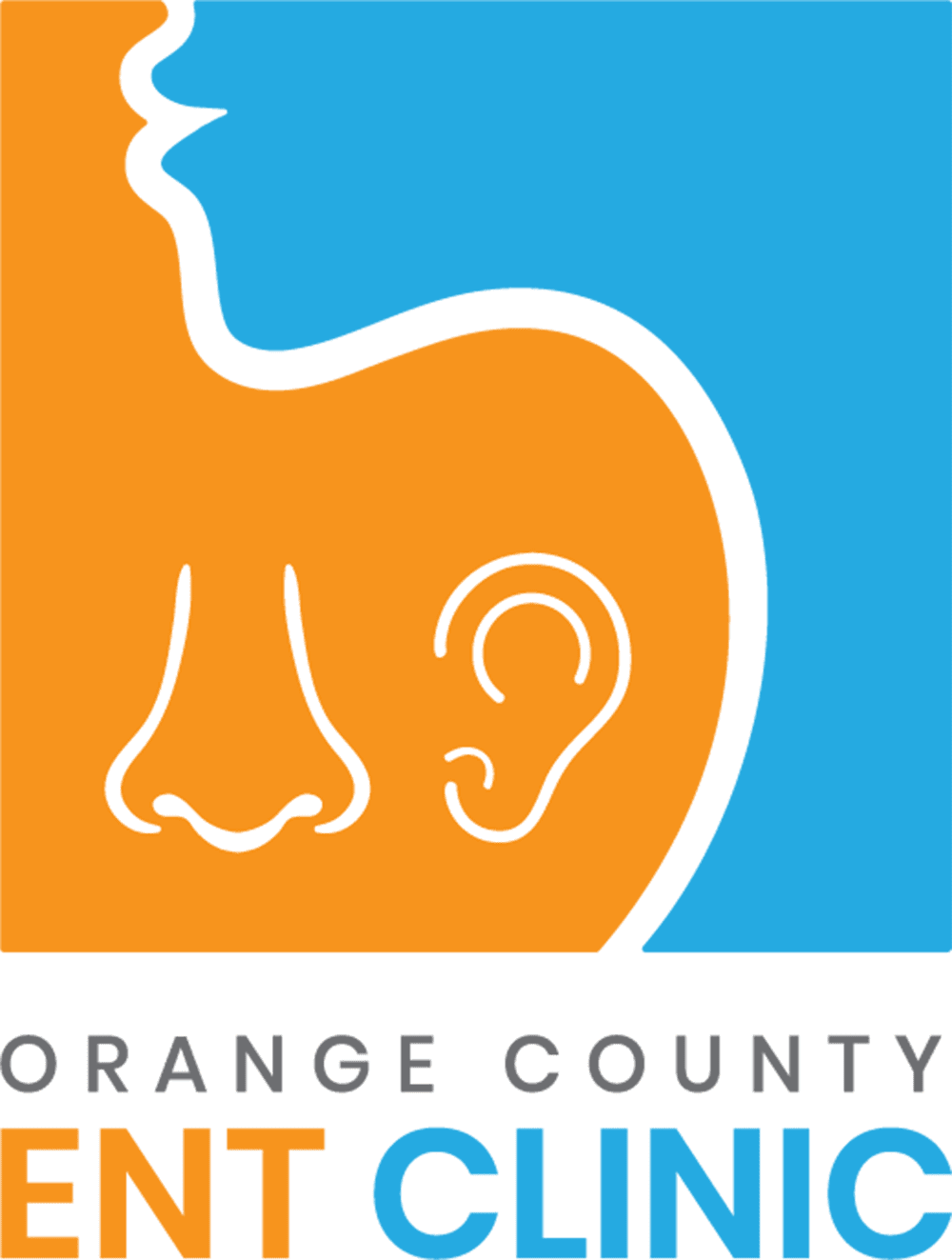
Aspirin-exacerbated respiratory disease, or AERD, is an acute onset medical condition. This condition may also be referred to as Samter’s Triad
The trigger for this condition is not fully understood and usually occurs in the patient’s early to middle adult years. Once the patient develops this extreme sensitivity to aspirin or non-steroidal anti-inflammatory drugs, the condition is chronic. It is characterized by the combination of asthma, sinus symptoms, and sensitivity to aspirin.
What Are the Symptoms of AERD?
There are actually three sets of symptoms that are present in patients with AERD. One of the symptoms with the most immediate concern is asthma, as the consumption of aspirin by patients with AERD can lead to severe asthma attacks. In addition to asthma, patients may also experience other respiratory symptoms including sinus issues, chest tightness, coughing and wheezing. The sinus issues often include nasal polyps, congestion, headaches, and sneezing. In extreme cases, patients who have recurrent or chronic sinus infections may lose their sense of smell. The third symptom that is associated with AERD is aspirin sensitivity, meaning that the ingestion of aspirin or other NSAIDs triggers the patient’s respiratory symptoms. Although the connection is not fully understood, many people with AERD also have respiratory reactions to alcohol.


How Is It Diagnosed?
The diagnostic process for AERD is mainly the observation of the combination of three symptoms. If a patient has asthma and recurrent sinus troubles but NSAIDs aren’t known to be the trigger, then the physician may recommend that the patient takes an aspirin challenge. This involves either taking an oral or inhaling aspirin or NSAID in gradually increasing dosages. This test is performed under the supervision of the physician and medical staff in the event that a serious reaction does occur. The physician may also check the patient’s eosinophil levels by ordering a blood test called white blood cell count with differential. Eosinophils are a sub-type of white blood cells in the immune system that are associated with inflammation. Eosinophil counts tend to be high in the nasal polyps and blood of patients with AERD, but a high eosinophil count isn’t required for or exclusive to AERD diagnosis.
What Are The Treatment Options?
Once a patient is confirmed as having a sensitivity to aspirin, they should avoid aspirin and NSAIDs. However, most patients are still symptomatic even if they don’t come in contact with these medications. Therefore, the patient will have to work with their physician in order to manage their symptoms. Inhaled corticosteroids are often necessary to control daily asthma symptoms and inhaled intranasal steroids can help relief nasal congestion. Additionally, physicians can inject steroids directly into nasal polyps to reduce their size and provide relief. Nasal polyps often need to be surgically removed but they do have a high recurrence rate. Some patients may benefit from taking non-steroidal medications that block leukotriene function. After the symptoms are well-controlled, patients may be able to go through aspirin desensitization. This process is done under the supervision of the physician and involves taking increasingly large doses of aspirin until the patient no longer experiences symptoms. This treatment has a high success rate in patients with AERD and often allows them to be able to safely take NSAIDs.
